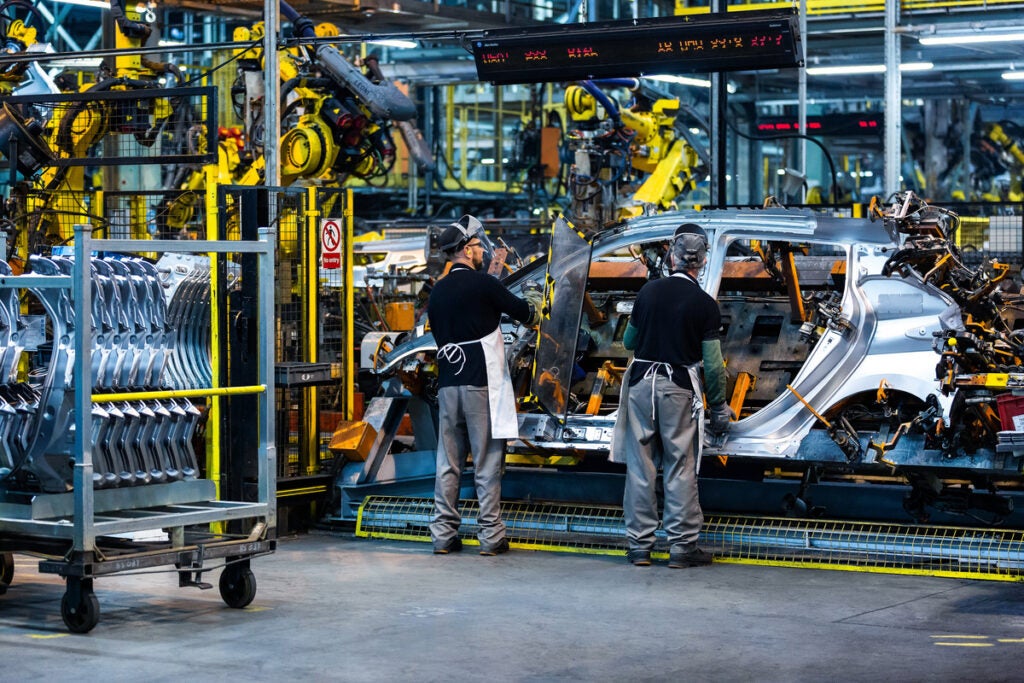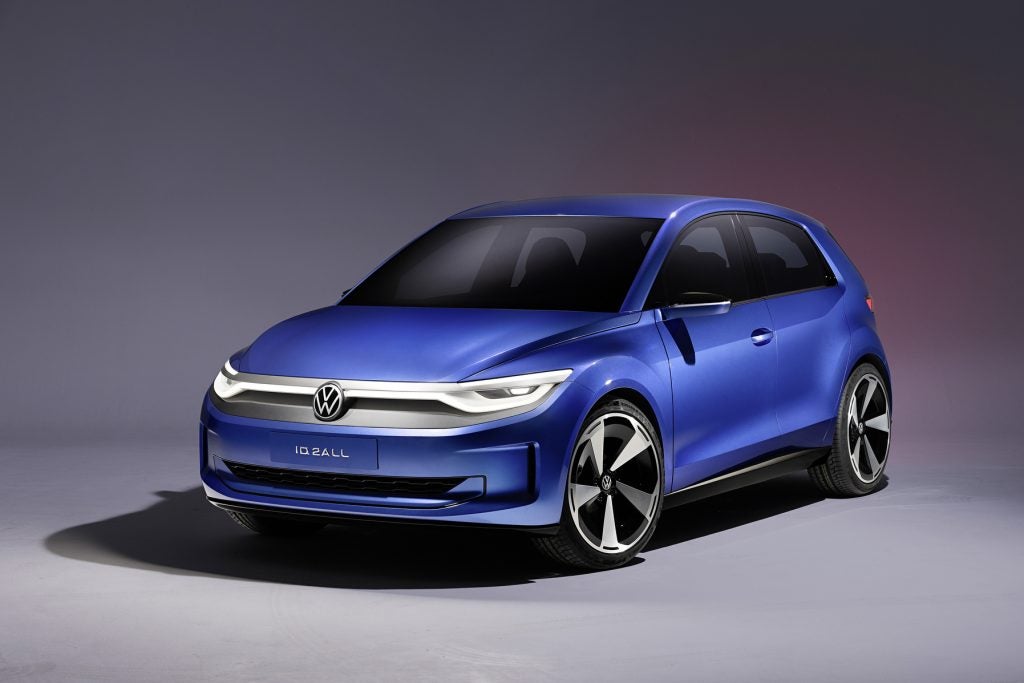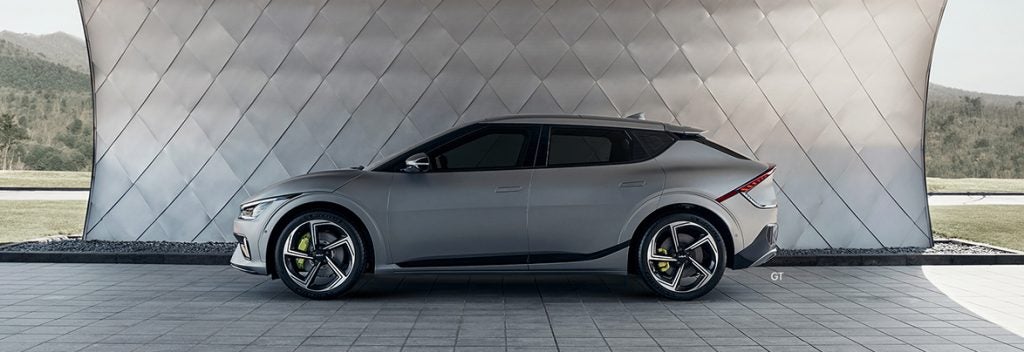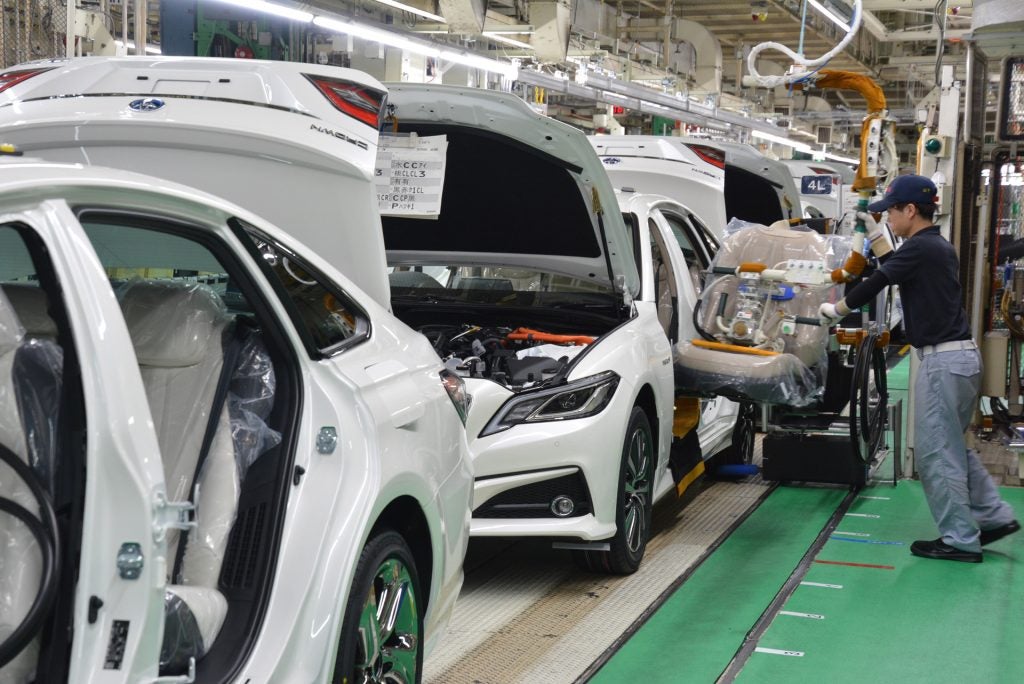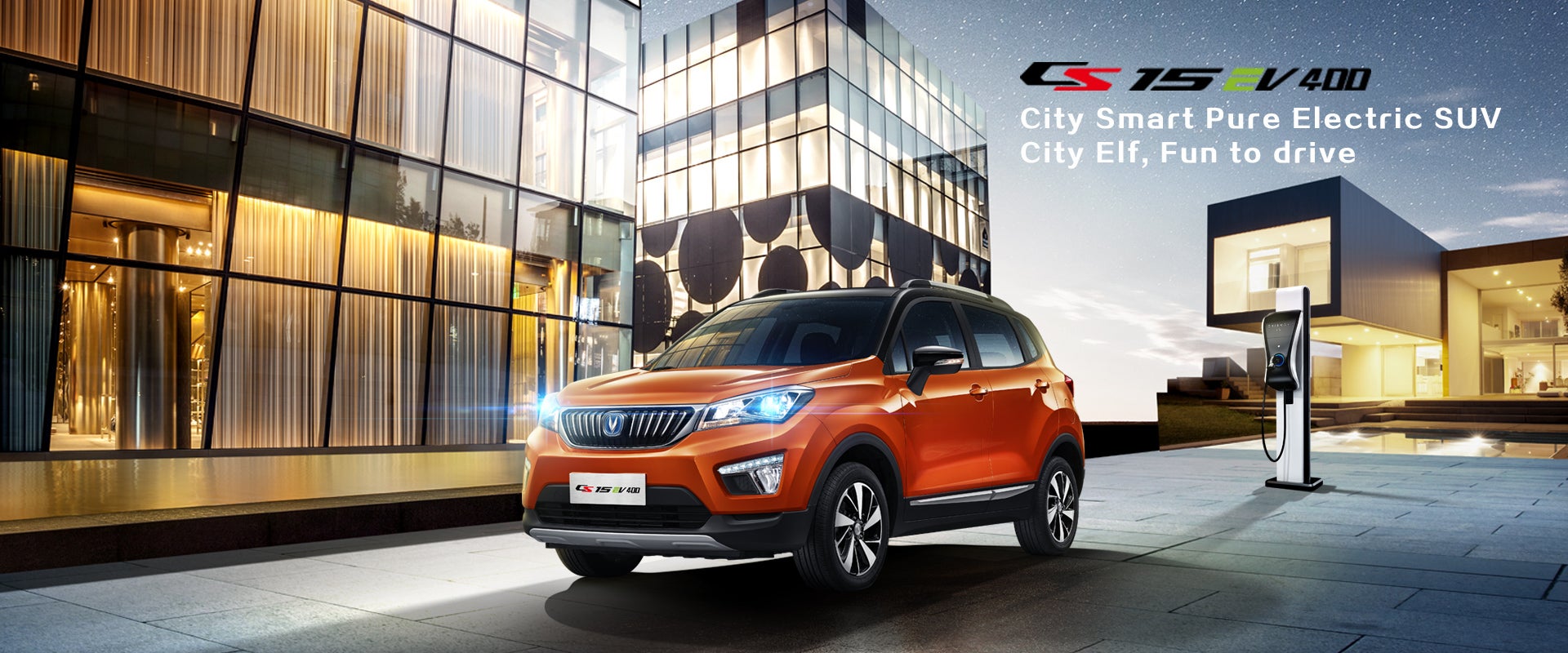
Chinese State-owned Changan Automobile Company Ltd this week announced plans to build an electric vehicle (EV) plant in Thailand to supply the local and key overseas markets, according to reports in China.
The announcement follows talks between the company and Thailand’s Board of Investments (BOI) during an investment roadshow earlier in this year. The company first indicated that it planned to invest in a facility in Thailand at the Shanghai Motor Show in April.
The Chongqing-based automaker, which has joint ventures with Ford and Mazda, is the latest in a growing number of Chinese automakers including BYD, Great Wall Motors, SAIC Motor, GAC Group and Geely, to announce plans to produce electric and hybrid vehicles in the southeast Asian country in the last year.
Changan said it plans to invest CNY1.8bn (US$251m) to build an assembly plant with an initial annual production capacity of 100,000 vehicles per year, for sale in right-hand drive markets in southeast Asia, Australia, New Zealand, UK and South Africa. The company said it would look to further expand the facility’s capacity to 200,000 units/year later on depending on demand. It did not reveal the location of the facility or when it is expected to be completed.
The Thai plant will be Changan’s first overseas vehicle production facility and is part of an ambitious programme announced in April to invest US$10bn to establish an annual production capacity of 1.2 million vehicles outside of China by 2030.
The company said in a statement “Thailand will be the main focus of our international expansion. With a foothold in Thailand, Changan will make a leap forward into the international markets”. The company sold a total of 2.35 million vehicles in China last year, including 271,000 EVs.
The company launched a new EV brand in China this month, Qiyuan, and said it plans to launch four new EV models by the end of the year. The company plans to invest around CNY200bn to increase global production to five million vehicles annually by 2030, including 1.5 million EVs.
Chinese automakers have stepped up their international expansion in the last two years, reflecting growing competition and a lack of growth in their home market. Their rapid expansion into southeast Asia is expected to put significant pressure on Japanese automakers which currently dominate this region.


